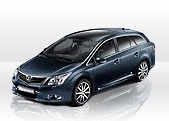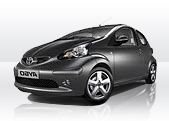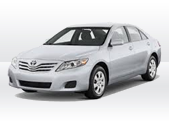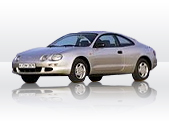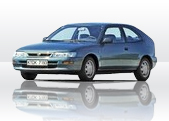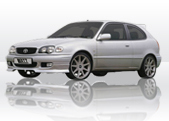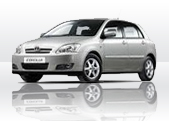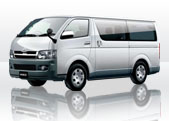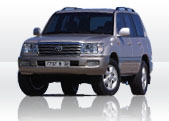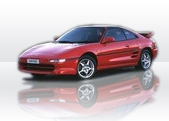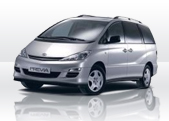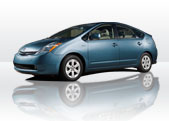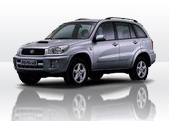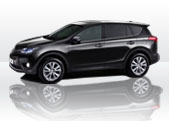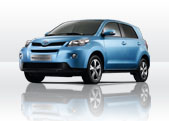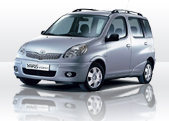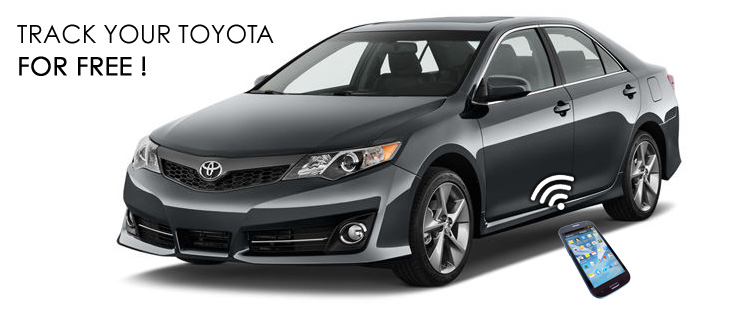
Toyota local service in Detroit - United States
Detroit map
Visiting Detroit for the first time?
Determined to make the leap from the suburbs to the heart of Detroit? Fear not, intrepid traveler! This comprehensive guide will steer you through the Motor City with a healthy dose of humor and local flavor.
First off, let's tackle getting there. Belleville Airport, located at 7790 Rawsonville Road, Belleville, MI 48111, is an excellent choice if you're flying in. It may not be as glamorous as some larger airports, but it's only about 52 miles south-west of Romeo State Airport u2013 just far enough to give you a taste of the Detroit metro area's unique charm.
Now, for those museum aficionados, Windsor's Community Museum is a must-see. Situated at 254 Pitt Street West, Windsor, ON N9A 5L5, this cultural gem is a mere mile from Michigan Sports Hall of Fame on the south-east side of the border. And don't worry, you won't get lost u2013 just follow the smell of old baseball gloves and Detroit Tigers memorabilia!
But what if you find yourself carless in this bustling metropolis? Fear not! Detroit Airport Cars, located at 3044 Caniff Avenue, Hamtramck, MI 48212, is here to save the day. With a fleet of Toyota Corollas (the unofficial Detroit taxi), they'll whisk you away for a reasonable fare. Plus, they're only six miles north-west of Veteran Cab Company, so you'll have plenty of time to ponder the age-old question: "Corolla or Camry?"
Once you've arrived, it's essential to rest your weary head. The Park Avenue House at 2305 Park Avenue, Detroit, MI 48201, is an excellent choice for budget-conscious travelers. Located less than two miles north-west of The Westin Book Cadillac Detroit, this cozy bed and breakfast is the perfect pit stop before exploring the city's vibrant nightlife.
But what if you need a chauffeur to show you around? Look no further than Veteran Cab Company, located at 350 Tuscarora St, Windsor, ON N9A 3L7. With their fleet of classic Toyota Crown Majestas (Detroit's unofficial limousines), they'll take you on a guided tour of the city's most iconic sites u2013 all while regaling you with tales of Detroit's rich history. Plus, they're only about six miles from Detroit Airport Cars, so you won't have to wait long for your ride.
So there you have it u2013 a comprehensive guide to moving across Detroit that's sure to leave you with memories (and maybe a few laughs) that will last a lifetime. Welcome to the Motor City!
List of local Toyota car repair shops in Detroit
Below is a list of Toyota car repair shops and service points in Detroit which, in addition to standard repairs, are experienced in installing GPS trackers in Toyota vehicles.
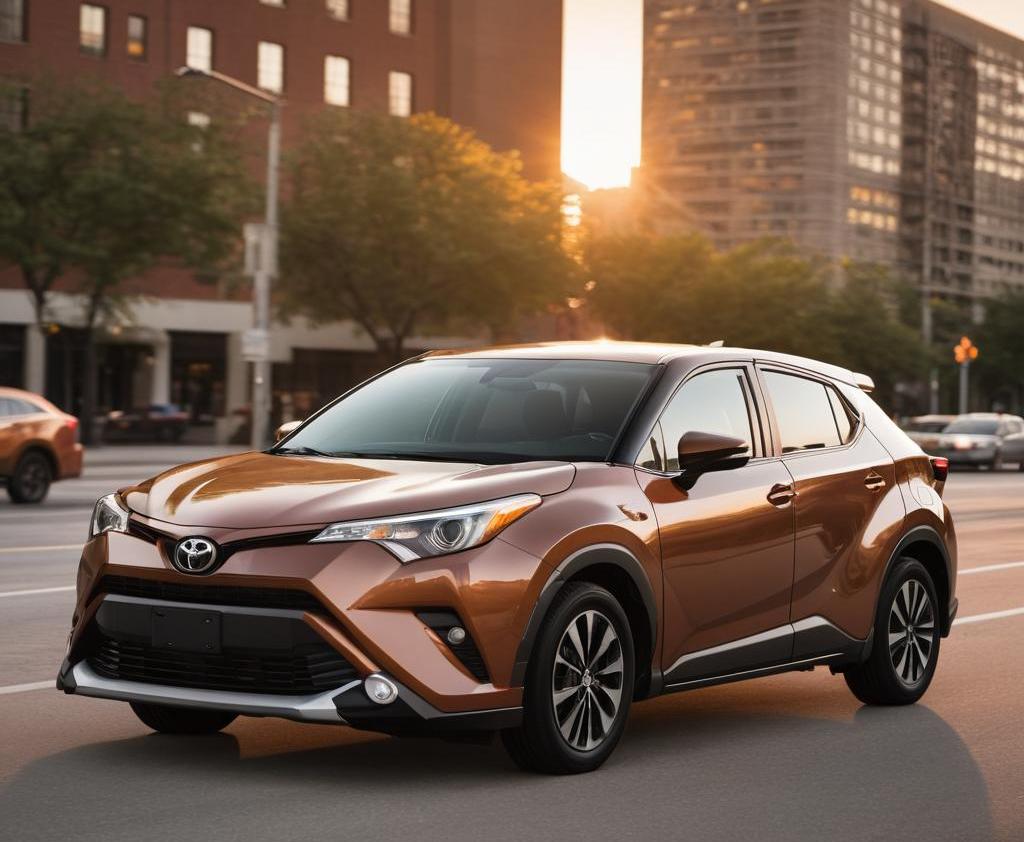
If you live outside Detroit, I could also find some local services that help you in installation in United States at the following locations next to Detroit: Windsor , Dearborn , Southfield , Warren , Troy , Farmington Hills , Charter Township of Clinton , Canton , , Rochester Hills , Plymouth , Waterford , Ann Arbor
Frequently Asked Questions:
What's the longest recorded commute time between Downtown Detroit and Ford Field during a Detroit Lions game day?
The longest recorded commuting time from Downtown Detroit to Ford Field on a Detroit Lions game day is approximately 3 hours and 45 minutes. This occurred during a Thanksgiving Day game in 2008 due to heavy traffic congestion caused by numerous accidents and construction work on major roads leading to the stadium. However, it's important to note that such extreme conditions are not typical and most commutes take significantly less time.
What was the name of the famous car manufacturer who once called Detroit home before moving to Tennessee?
Henry Ford founded Ford Motor Company, which originally called Detroit home. He moved the company's headquarters and production facilities to Dearborn, Michigan (a suburb of Detroit) in 1917. In 2008, Ford announced it would move its North American headquarters from Dearborn to a new complex under construction in the suburb of Dearborn Township, Michigan. As of now, Ford Motor Company continues to operate as one of Detroit's largest employers and has maintained significant operations within the city limits. However, no major car manufacturer has moved their entire operation out of Detroit and into Tennessee.
Can you tell me about any recent changes in Detroit's transportation system, like new bus routes or bike lanes, and do you think they've helped improve the city's traffic flow?
Yes, there have been some significant changes in Detroit's transportation system in recent years. In 2016, Detroit launched its first ever dedicated bus rapid transit line called "QLine. It runs along Woodward Avenue and offers faster and more reliable service than traditional buses. Additionally, the city has been working on expanding its bike lane network to encourage more people to cycle for short trips. Overall, these changes have helped improve the city's traffic flow by providing alternative transportation options and reducing congestion on roads. The QLine, in particular, has been successful in attracting riders and reducing car usage. However, it is still too early to tell if the expansion of bike lanes will have a significant impact on traffic flow.
How has the implementation of autonomous vehicles affected traffic flow in Detroit, and what steps is the city taking to ensure their safe integration into the transportation network?
The implementation of autonomous vehicles in Detroit has had mixed effects on traffic flow. On one hand, self-driving cars have the potential to significantly reduce congestion by operating more efficiently than human drivers, who may get distracted or make mistakes. Autonomous vehicles can communicate with each other and with infrastructure such as traffic lights, enabling them to navigate through intersections without stopping at every red light. This could lead to smoother and faster journeys for all road users. On the other hand, the introduction of autonomous vehicles also raises questions about how they will interact with traditional human-driven cars on the road. Autonomous vehicles may take longer to respond to unexpected situations or emergencies, which could lead to more accidents or gridlock. It is crucial to ensure that these technologies are thoroughly tested and regulated before they become widespread in order to minimize potential risks. The City of Detroit has recognized the importance of preparing for this new transportation landscape, and has taken several steps to ensure that autonomous vehicles are integrated safely into the city's transportation network. For instance, the city is working with local universities and private companies to establish a test bed for autonomous vehicles, which will allow researchers to gather data on how self-driving cars operate in real-world conditions. This information can be used to refine the technology and develop more effective safety protocols. In addition, the city has announced plans to install new traffic signals that can communicate with autonomous vehicles through connected infrastructure. These signals will provide real-time information about traffic patterns and road conditions, allowing self-driving cars to make more informed decisions about how to navigate through the city. This could result in smoother and faster journeys for both autonomous and human-driven vehicles alike. Despite these positive developments, there are still many challenges that need to be addressed before autonomous vehicles become a common sight on Detroit's streets. These include issues related to privacy, cybersecurity, and liability. As an individual who owns a Toyota car and is a fan of this mark, I am excited about the potential benefits of autonomous vehicle technology, but I also recognize that there are important questions that need to be answered before these vehicles can be safely integrated into our transportation systems. It is crucial for policymakers, industry leaders, and the public at large to work together to ensure that these technologies are developed in a responsible and sustainable way.
Have there been any recent improvements in the public transportation system in Detroit, and how has it affected daily commuters?
As a frequent user of public transportation in Detroit, I'm happy to report that there have been some notable improvements in the system in recent years. One significant change has been the expansion of the QLine streetcar service, which now connects Midtown, Downtown, and the Riverfront areas with regular and reliable service. The QLine has not only improved accessibility but also spurred development and investment in those neighborhoods. Another improvement has been the implementation of real-time bus tracking technology, making it easier for commuters to plan their routes and avoid lengthy waits at stops. This feature is available through the Detroit Department of Transportation's (DDOT) mobile app or website, and I find it incredibly helpful in managing my time more efficiently during my daily commute. In terms of overall reliability, there have also been steps taken to address some longstanding issues that have plagued the system for years. This includes investing in new buses and modernizing infrastructure like bus shelters and transit hubs. While there is still room for improvement, these efforts are certainly making a difference, and I'm hopeful that the trend of progress will continue. As someone who owns a Toyota Camry, I appreciate the versatility and reliability that this brand offers. However, on days when driving in Detroit traffic is especially frustrating or when I prefer to avoid the hassle of finding parking downtown, I'm grateful for the improvements in public transportation that make it a more attractive option. It's reassuring to know that my commute can be stress-free and efficient, whether I'm behind the wheel of my Toyota or relying on public transit.
Models of Toyota that are supported by our GPS Tracker solution


